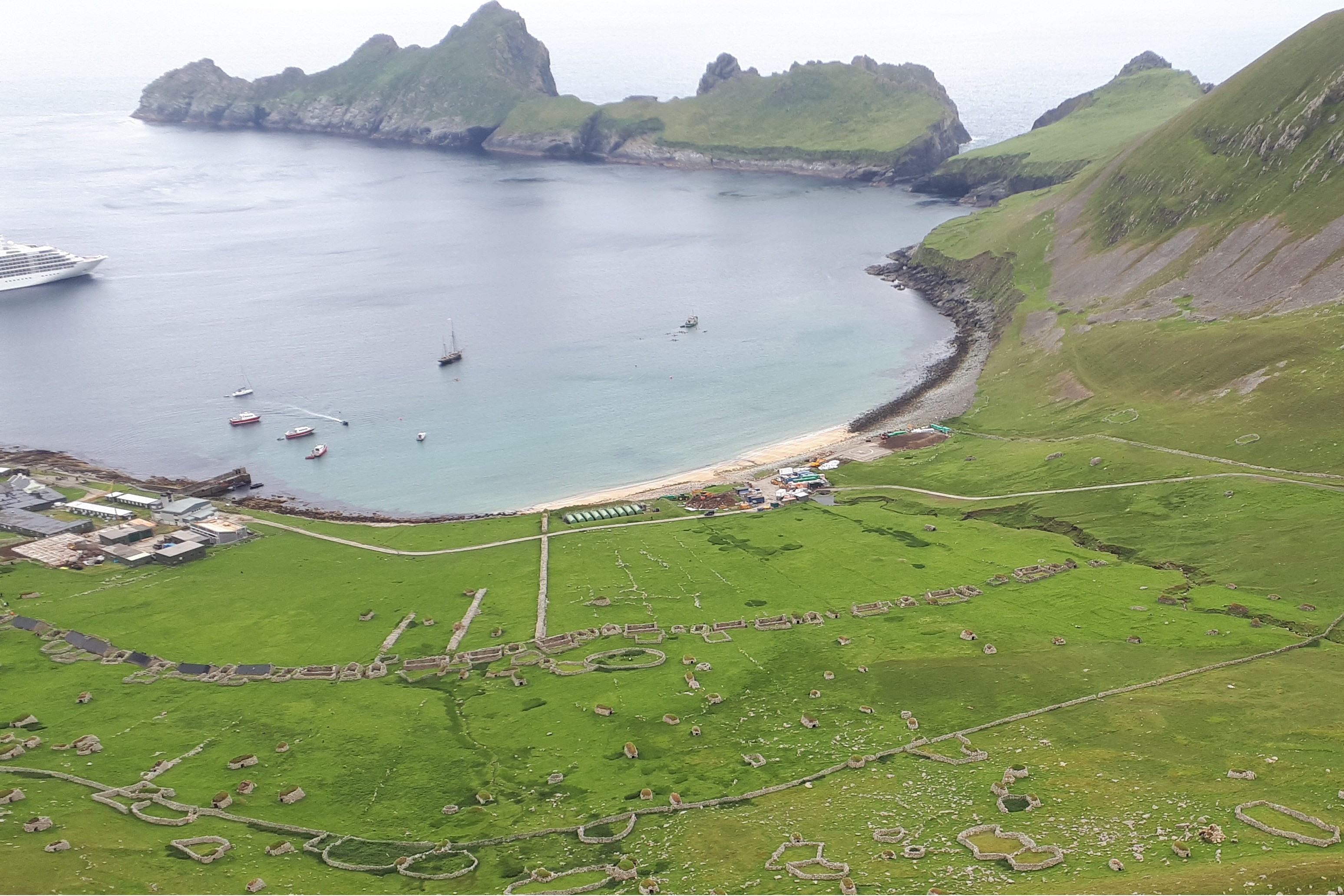Navigating Modernity with Gaelic PhD
The University of the Highlands and Islands (UHI) is offering a new, fully-funded PhD opportunity titled "Navigating Modernity: Strategies to protect local language, indigenous knowledge, and cultural biodiversity".

Since the post-World War One period, the Gaelic-speaking communities of Scotland’s Western Isles underwent rapid structural changes, transforming their sociocultural and socioeconomic dynamics. Continued population drift and demographic change as economically-active cohorts pursued employment and higher living standards in urban areas, alongside the gradual mechanisation of traditional work patterns, added to a profound transformation in the collective’s social capital and sociolinguistic vitality. These structural shocks were magnified by a loosening of local control and weakening social capital bonds such that indigenous island populations became increasingly dependent on institutions and policy decisions largely removed from the realities of island life. The growing reliance on external institutions and support systems became linked to notions of modernity whereby traditional ways of island life were replaced, resulting in the weakening of cultural heritage and traditions, including language.
Today’s communities currently lack the sociolinguistic capacity to regenerate themselves. Key socioeconomic sectors, such as crofting and fishing, traditionally domains in which Gaelic language and culture thrived, face multiple challenges. Critical biocultural heritage, encoded in the practices and knowledge of Gaelic-speaking participants in these sectors, is being eroded through further language shift and the predominance of English in the social and operational activities of these sectors.
The gradual shift in local power and control structures to external actors impacts traditional community norms and rules that have managed and sustained local and traditional natural resource management systems. Central to such change is the challenge to the management of common property (such as marine and terrestrial resources). Some discourses conflate common property with free access systems, which, without regulation, are vulnerable to overexploitation and degradation. The hypothesis developed through Hardin’s ‘Tragedy of the commons’ has been used to justify privatisation and commodification of land and resource systems over recent decades.
Contrary to Hardin’s hypothesis, most common-pool resources such as crofting land management are not subject to free access regimes; they are subject to complex regulatory systems, often relying on non-formal institutions and customs, which is particularly true of crofting and access to inshore fishing grounds.
Grazings committees managed by local crofters control the use and access to such ‘commons’ which are aligned to separate crofting townships. Similarly, local fishing rights within inshore waters may be regulated based on ‘tradition’ in that certain areas are fished by individuals and catches kept to specific limits. Such resource management systems remain threatened by over-exploitation but persist as an important part of local natural resource knowledge, and in regional biocultural heritage which is often encoded in Gaelic.
The hypothesis for the research tests whether the traditional structure of Gaelic society and the continued use and vitality of Gaelic as (a) a community language and (b) as the carrier of indigenous knowledge within the crofting and fishing economic sectors is directly correlated with the level of social and institutional support for the language, taking cognisance of community agency in the management of local governance of linguistic and natural assets and resources.
Research questions extending from the primary hypothesis may explore:
- peripheral communities and language survival within majority systems where top-down metropolitan policies and primarily emblematic appropriation engagement occur in relation to indigenous languages, cultures and the protection of biodiversity assets
- how strategies developed within the context of community agency and governance inform academia, and how Government policy interventions shape community governance in managing and addressing the challenges of protecting sociolinguistic and biodiversity assets within and across indigenous cultures and localities
- the strength of evidence identifying social capital within the Gaelic-speaking collective as a factor in supporting the protection and transmission of indigenous knowledge and the Gaelic language.
For further information and application details, visit UHI's Fully funded PhD studentships for 2025/26.